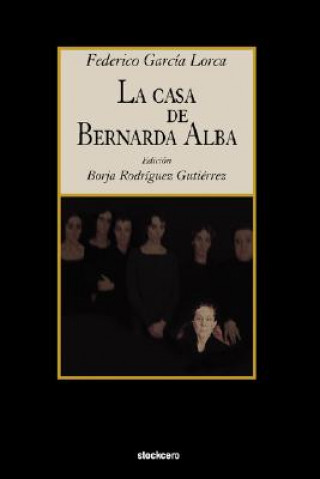
Kod: 04331065
Casa De Bernarda Alba
Autor Federico García Lorca
As he wrote La casa de Bernarda Alba, Federico Garcia Lorca explained: "drama is poetry that escapes the book and becomes human. And as it is being made it talks and shouts, cries and despairs". Lorca saw in theatre the most perf ... więcej
- Język:
 Hiszpański
Hiszpański - Oprawa: Miękka
- Liczba stron: 140
Wydawca: StockCERO, 2008
- Więcej informacji o książce

22.56 €
Zwykle: 27.81 €
Oszczędzasz 5.24 €

Dostępna u dostawcy
Wysyłamy za 15 - 20 dni
Zobacz książki o podobnej tematyce
-

House of Bernarda Alba
10.36 € -28 % -
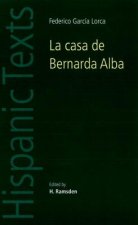
La Casa De Bernarda Alba
19.92 € -
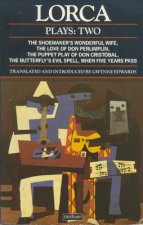
Lorca Plays: 2
31.31 € -2 % -

Lorca Plays: 1
35.17 € -2 % -
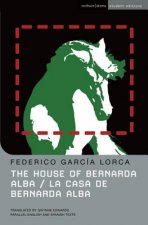
House Of Bernarda Alba
15.14 € -4 % -
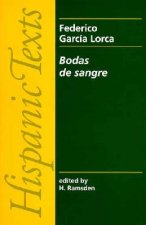
Bodas De Sangre
18.80 € -

House of Bernarda Alba and Other Plays
11.79 € -18 % -
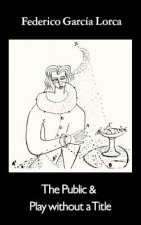
PUBLIC & PLAY PA
12.40 € -13 % -

House of Bernarda Alba
15.24 € -18 % -
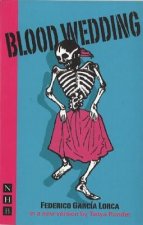
Blood Wedding
14.12 € -18 % -
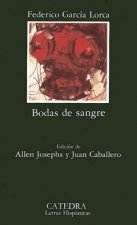
Bodas De Sangre
10.77 € -4 % -
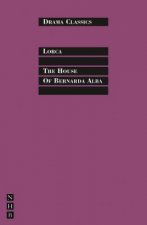
House of Bernarda Alba
5.38 € -28 % -
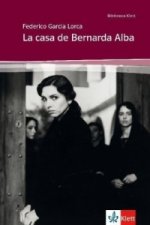
La casa de Bernarda Alba
10.06 € -

La casa de Bernarda Alba
5.07 € -
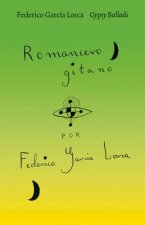
Gypsy Ballads
17.58 € -18 % -

Selected Poems
15.24 € -18 % -
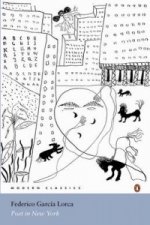
Poet in New York
13.41 € -28 % -
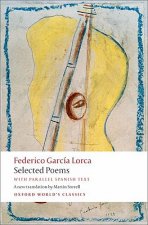
Selected Poems
11.79 € -18 % -

Kori Bustard
11.18 € -4 % -

Action Learning for Managers
23.99 € -

Anglicko - slovenský slovensko - anglický slovník
10.97 € -29 %
Podaruj tę książkę jeszcze dziś
- Zamów książkę i wybierz "Wyślij jako prezent".
- Natychmiast wyślemy Ci bon podarunkowy, który możesz przekazać adresatowi prezentu.
- Książka zostanie wysłana do adresata, a Ty o nic nie musisz się martwić.
Więcej informacji o Casa De Bernarda Alba
Za ten zakup dostaniesz 56 punkty
 Opis
Opis
As he wrote La casa de Bernarda Alba, Federico Garcia Lorca explained: "drama is poetry that escapes the book and becomes human. And as it is being made it talks and shouts, cries and despairs". Lorca saw in theatre the most perfect means to reach people's souls, more immediate and effective than poetry, and he kindled this possibility even amidst difficult times. Lorca is, mainly, a poet, and as so his plays possess great visual as well as linguistic virtue. The last of the rural tragedies -Bernarda Alba was preceded by Bodas de sangre (1933) and Yerma (1934)- was finished in June 1936. It was meant to open in Buenos Aires in October, played by the Margarita Xirgu company, but Lorca was murdered in July. War events postponed the opening until 1945, but in Spain the play would stay banned until 1964. The plot is deceivingly simple: Bernarda Alba exerts a tyrant control upon her daughters, who live as prisoners within her house walls. The conflict is deprivation of freedom, blown up to tragic proportions by the death of Bernarda Alba's second husband and her decision to impose eight years of strict mourning. But this mourning goes far beyond the usual black clothing: during the following eight years no one will leave the house, and no man will enter. The reclusion is the results of them being women of a certain social position. The authority/freedom conflict is visible through the submission of the feminine condition -the subtitle Drama of women in the towns of Spain highlights this-. Freedom is stifled by the prejudices of a social class enslaved by appearance and tortured afraid by gossip. Lorca's theatrical experience is highly noticeable in his way of highlighting the conflict without superfluous details: lighting, costumes, text and language, and the actresses' movements, everything is measured to the last millimeter. And the closing words of the main character become a remarkable premonition of what would shroud Spain during many following years. "And I do not want sobbing. Death must be stared in her face". "ˇSilence, silence I have said! ˇSilence! Professor Borja Rodriguez-Gutierrez adds to this edition a clear introductory essay that dismantles Garcia Lorca's clockwork mechanism, while introducing annotations that allow the reader to fully grasp the meaning of this influential cornerstone of Hispanic letters.
 Szczegóły książki
Szczegóły książki
22.56 €
- Pełny tytuł: Casa De Bernarda Alba
- Autor: Federico García Lorca
- Język:
 Hiszpański
Hiszpański - Oprawa: Miękka
- Liczba stron: 140
- EAN: 9781934768082
- ISBN: 1934768081
- ID: 04331065
- Wydawca: StockCERO
- Waga: 220 g
- Wymiary: 230 × 153 × 8 mm
- Data wydania: 10. February 2008
Ulubione w innej kategorii
-
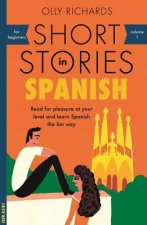
Short Stories in Spanish for Beginners
10.87 € -27 % -
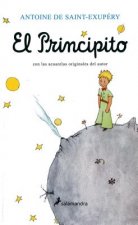
El principito
11.99 € -
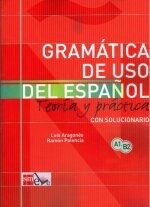
Gramática de uso del español: Teoría y práctica A1-B2
17.79 € -

Pack DELE B2 (libro + claves)
27.45 € -
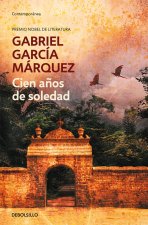
Cien años de soledad
11.38 € -
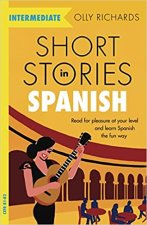
Short Stories in Spanish for Intermediate Learners
11.38 € -28 % -

GRAMATICA DE USO DEL ESPANOL C1-C2 Teoría y práctica con solucionario
22.97 € -5 % -

DELE escolar - Preparación al Diploma de Español - A2/B1
17.18 € -10 % -
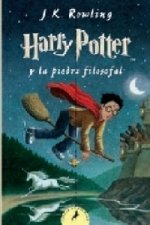
Harry Potter y la piedra filosofal
9.65 € -5 % -

DIBUJOS PARA COLOREAR QUE MISTERIO GRANDES CLASICOS, TOMO 9
15.85 € -5 % -

MI PAPÁ Y YO
3.55 € -5 % -

TE QUIERO MÁS QUE...
3.55 € -5 % -

Preparacion DELE
26.02 € -

365 Cuentos con Valores
10.77 € -4 % -
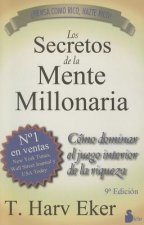
Los secretos de la mente millonaria / Secrets of the Millionarie Mind
13.21 € -8 % -

Como agua para chocolate
11.68 € -5 % -
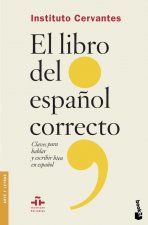
El libro del espa?ol correcto
12.90 € -1 % -
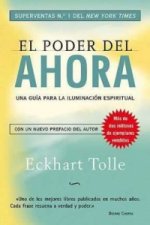
El Poder Del Ahora, Una Guia Para L A Iluminacion Espiritual
11.18 € -1 % -

ESTE DOLOR NO ES MIO
15.65 € -
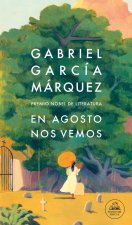
EN AGOSTO NOS VEMOS
20.63 € -6 % -
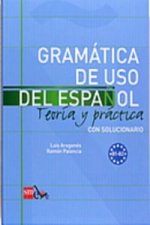
Gramatica de uso del Espanol - Teoria y practica
20.53 € -15 % -
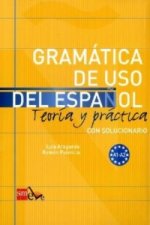
Gramática de uso del Español - A1- A2
22.97 € -5 % -
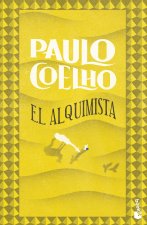
El Alquimista
10.77 € -4 % -
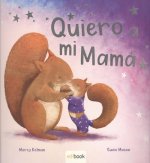
Quiero a mi Mamá
3.55 € -5 % -
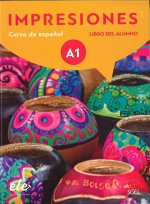
Impresiones A1: Student Book
32.53 € -

Harry Potter y la piedra filosofal
13.82 € -4 % -

Pack DELE B1 (libro + claves).
27.45 € -
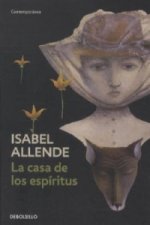
La casa de los espiritus
10.36 € -

Aula Internacional Plus
34.46 € -
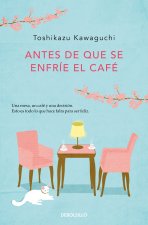
ANTES DE QUE SE ENFRIE EL CAFE
11.68 € -5 % -
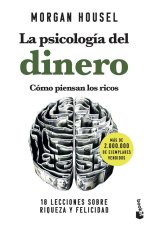
LA PSICOLOGIA DEL DINERO. COMO PIENSAN LOS RICOS
11.68 € -5 % -

PREPARACION AL DELE C1 LIBRO DEL ALUMNO NUEVA EDICION
26.43 € -
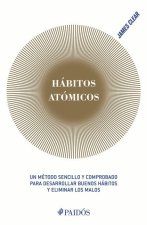
Hábitos Atómicos / Atomic Habits (Spanish Edition)
14.73 € -19 % -
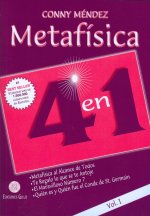
METAFISICA 4 EN 1. VOL I (N/E)
13.72 € -
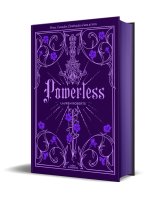
POWERLESS (EDICION ESPECIAL LIMITADA) (SAGA POWERLESS 1)
26.73 € -4 % -

365 Cuentos Y Rimas Para La Hora de Dormir = 365 Tales and Rhymes for Bedtime
12.60 € -23 % -

Cómo Hacer Que Te Pasen Cosas Buenas: Entiende Tu Cerebro, Gestiona Tus Emociones, Mejora Tu Vida
16.36 € -18 % -

Cuentos y leyendas de América Latina
20.94 € -4 % -
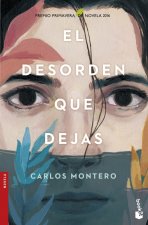
El desorden que dejas
9.65 € -5 % -

LA NOVELA DEL VERANO
8.63 € -5 % -
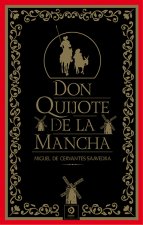
DON QUIJOTE DE LA MANCHA
15.85 € -4 % -

PREPARACION AL DELE C1 CLAVES NUEVA EDICION
9.14 € -

Espanol en marcha - Nueva edicion (2021 ed.)
30.19 € -2 % -

Club Prisma A2 - Libro de alumno + CD
18.70 € -13 % -

Club Prisma A2 - Libro de ejercicios
9.96 € -13 % -

Aula Internacional neu. Bd.3
33.24 € -

PREPARACION DELE ESCOLAR A2/B1 CLAVES TRANSCRIPCIONES
10.36 € -

RVR 1960 Biblia para Regalos y Premios, negro tapa dura
11.89 € -10 % -

TRILOGIA CULPABLES (PACK CON: CULPA MIA / CULPA TUYA / CULPA NUESTRA)
34.77 € -5 %
Collection points Bratislava a 2642 dalších
Copyright ©2008-24 najlacnejsie-knihy.sk All rights reservedPrivacyCookies


 15549 collection points
15549 collection points Delivery 2.99 €
Delivery 2.99 € 02/210 210 99 (8-15.30h)
02/210 210 99 (8-15.30h)